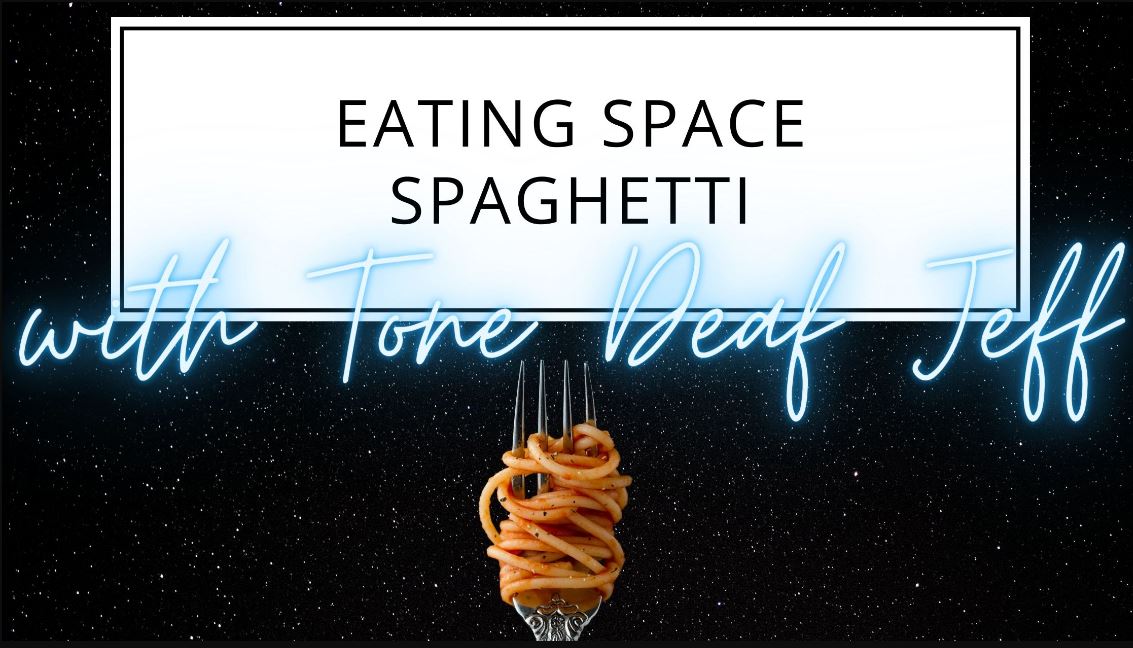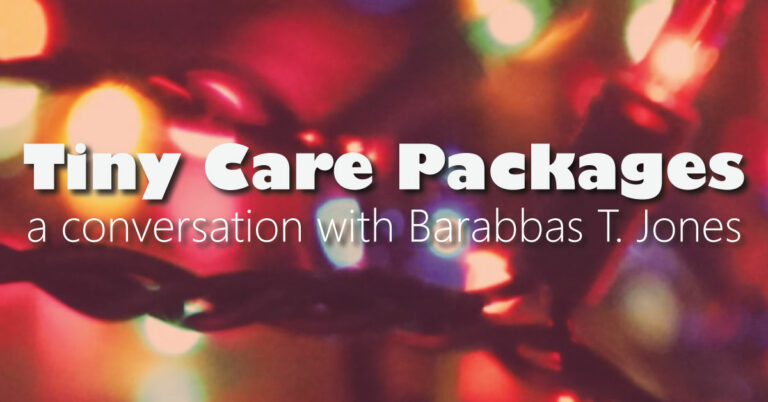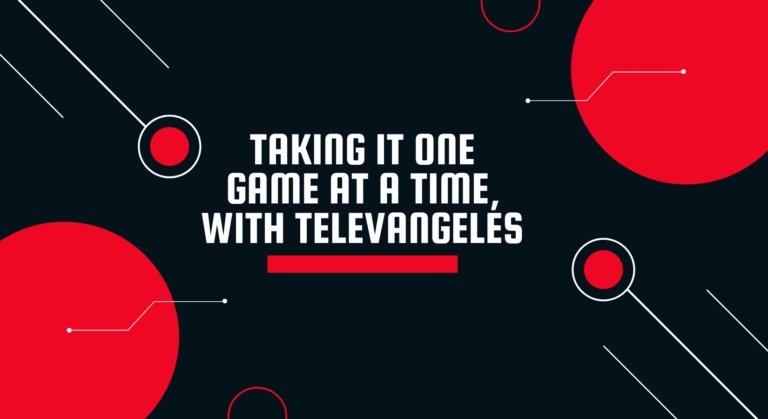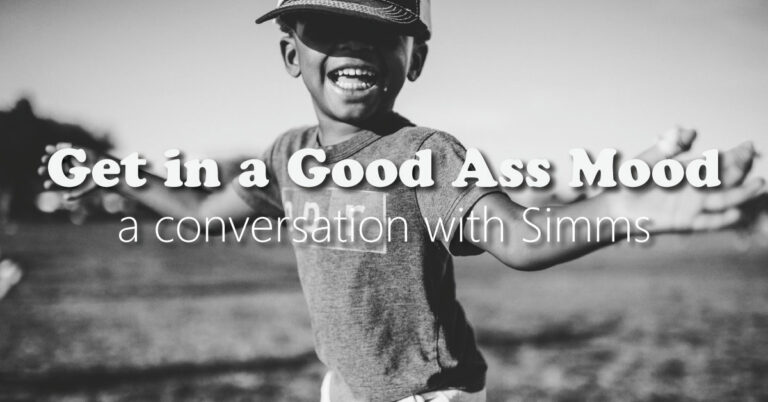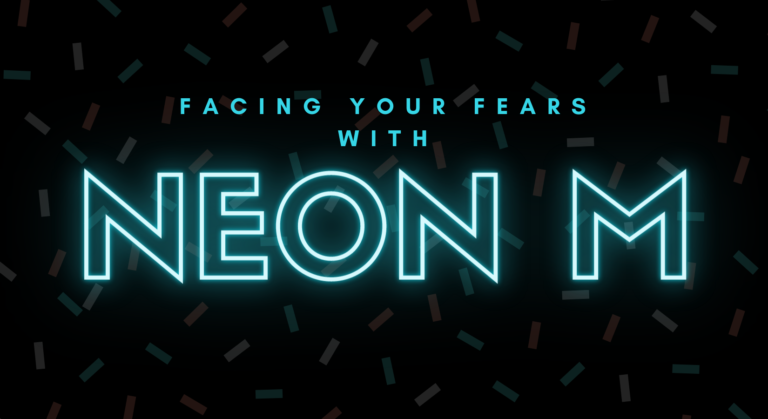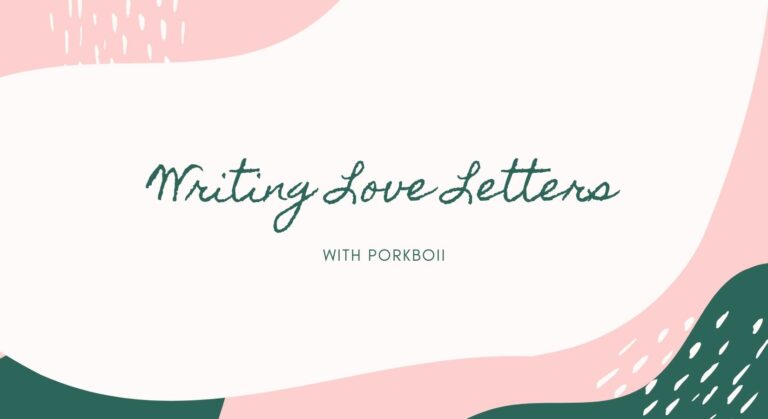Eating Space Spaghetti with Tone Deaf Jeff
Welcome to the 16th edition of the IMF Artist Profile, a series dedicated to the Indie Music Feedback community. The goal of this series is to take a look at the personal lives of some of IMF’s biggest contributors, giving you a peek into who they are as human beings. We’ll pull back the curtain as far as our guests allow and hopefully we will all walk away with a better understanding of the music these individuals are creating as we learn more about them.

Tone Deaf Jeff was born and raised in SoCal, USA. At about 14 he moved to Utah where he currently resides with his wife. Jeff studied at Utah State University, just outside of Salt Lake City, where he graduated with a degree in English and an emphasis on Creative Writing. He has worked as an ESL teacher and a Team Leader at Guitar Center. In his spare time, Jeff focuses on his music, writing short stories, and painting. In January of this year, Jeff was looking for places to share his music, having done a couple of live shows, and really enjoying the feedback process. Stumbling across IMF, Jeff says, “Pax was really kind on my first post and it made me stick around…I came across Somewhat Incognito and a few others who I liked, and then joined the discord at the end of March I think, a few weeks after it started.”. Since then, Jeff has been a staple of the community and a regular participant in many of the events and feedback opportunities.
TDJ is an endless supply of free-flowing rhymes and hypnotic beats. Appropriately enough, the song I’ve linked today is Endless Entropy. Starting off with a simple beat and a little background to fill in space the track quickly evolves into a testament of a man who has lived a life of confusion and chaos, a man who has had a revelation about how he’s lead his life in the final moments of it. Through a series of introspective reflections and advice, TDJ looks back as he tells the rest of us to live a better life. “…Plant a f*cking tree, or take the HOV. I guess none of it will matter eventually, but we should probably act like it does. Try to leave the place better than it was.” Even if he doesn’t sound that convinced his own revelations will matter, the lyrics give a sense of direction and purpose. Intentional or not, TDJ has created something here that speaks to the desire to do better in spite of the entropy of existence, the randomness and chaos of the universe, and the lives we lead within it.
Now, on to the questions…
Baaz: I’ve never been good at coming up with lyrics, let alone rhymes, on the spot. It is a painstaking process for me that usually takes days. Being more of a hip hop artist and a rapper, how quickly do you formulate your lyrics? Is there a process you have each time or is it something changes with the project?
TDJ: Sometimes I’ll think of a couplet and write it down, and I’ll link it up with something later. Other times, if I have a topic in mind, I might pen a verse (16 bars, usually.) The length of time may vary, but last time I noticed, it took me about an hour. Can’t remember if that was Snakecharmer or the Peace collab. That’s just a basic rough draft that I might continue to work with. Sometimes I’ll write a verse and a chorus, and come back and write the second verse later. I think I have quite a few single verse rhymes written without a hook though.
Baaz: I think one of my favorite aspects of your style is that most of your rhymes are narrative. They tell an intricate story, even when you’re rapping about a thought or a feeling. How much of this came into play after you went to school for English/Creative Writing, or was it always this way? Did those years of studying the art of literature drive you to get into rapping or enhance your writing ability, or did they just help you improve upon it?
TDJ: Timeline wise, I was already rapping when I went back to school. I started performing at open mics back in 2008 as part of USU’s Helicon West open mic series. I would read a short story and perform one of my raps acapella, which usually went over pretty well. I didn’t really play live shows then, was more focused on writing, so the rapping thing was more of an occasional lark. I still penned stuff occasionally and practiced a few tracks here and there (High Score, Wizard, Legendary MC). Really, any influence on my rapping was just from reading a bunch and writing a bunch, learning poetry terms and writing jargon, and whatnot. Most important to my growth was probably the live audience open mic afforded me. I’d never performed for people before, but the feedback was always positive, which kind of pushed me to keep going.
Baaz: If you could sit down with 3 people, alive or dead, and ask them for help on a track, who would it be and why?
TDJ: Tough query. Tough to decide what to tackle. I guess if I’m doing hip-hop, it would be dope to have Dr. Dre on production, with an Eminem verse, and maybe we can squeeze Del on there as well. Dre’s sound is iconic, influential, a part of my DNA growing up on the west coast, and Eminem is obviously one of the best, crazy with wordplay and cadence. Del, even before 3030 was one of my favorite MCs, but 3030 is like the holy grail to me. I feel it’s almost unmatched in terms of scope. It’s up there with Dark Side of the Moon and Downward Spiral as one of the best concept albums ever.
Baaz: I’m very intrigued by your time teaching ESL. I spent a few months teaching kids and adults and it had a profound effect on me. Where did you do ESL work and what impact did it have on you?
TDJ: Yes, so I worked one-on-one here in Salt Lake with a lady from Serbia. My wife worked with her and she wanted to improve her English. It was amusing to me, some of her habits, like referring to her husband as ‘she.’ Not to belittle her in any way, just made me think more about the obstacles foreign learners have to overcome to grasp our language. She also made me consider things I’d never thought of before. Like she pointed to the ‘augh’ in ‘daughter’ and asked, ‘why this?’ and I thought that was a damn good question. We don’t spell it ‘dotter.’ And ‘Laughter’ and ‘Slaughter’ are a bit of a mess as well. A couple of years later, after I’d left Guitar Center, I taught Asian (Korean, Japanese, and Chinese) students and adults online. I found adult learners very thankful and gracious and felt bad for many of the children who seemed coerced, often yawning, etc, clearly checked out. But when a kid was into it, it was awesome. I had a couple of students blow me away with their proficiency.
Baaz: What does IMF mean to you right now in your life? How has it affected you?
TDJ: It has given me a venue, much like an open mic did when I went to school. It’s given me validation that it’s worthwhile to continue moving forward with all my projects. It’s nice to find an altruistic collective with similar values. Many have taken the time to share their knowledge, which helps me improve. IMF has boosted my spirits tremendously, reinvigorated my creative drive, and keeps the juices flowing. It also gives me a never-ending flow of dope music and a network of friends all over the world. In short, you have all restored my joie de vivre, and I can’t thank you enough.
